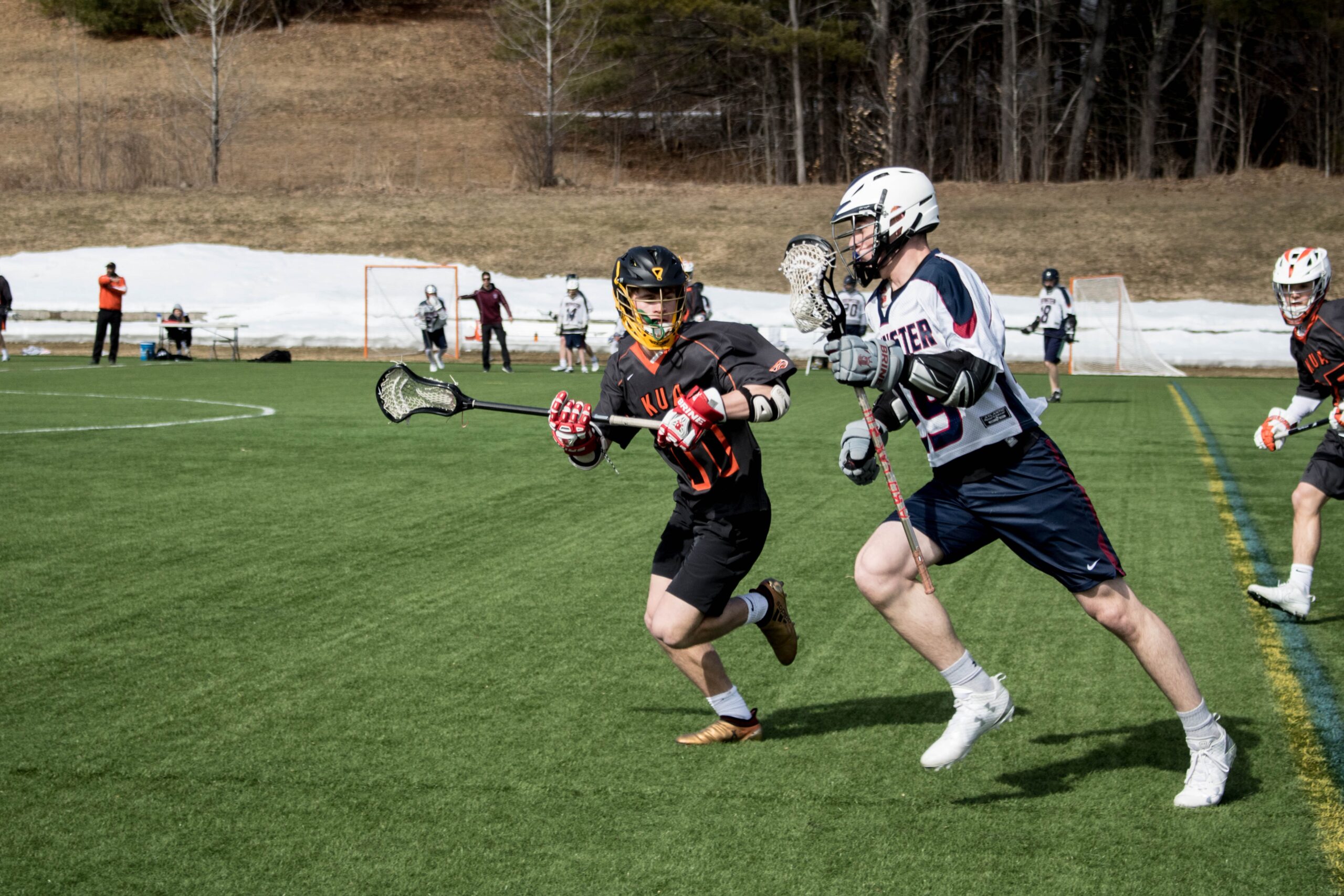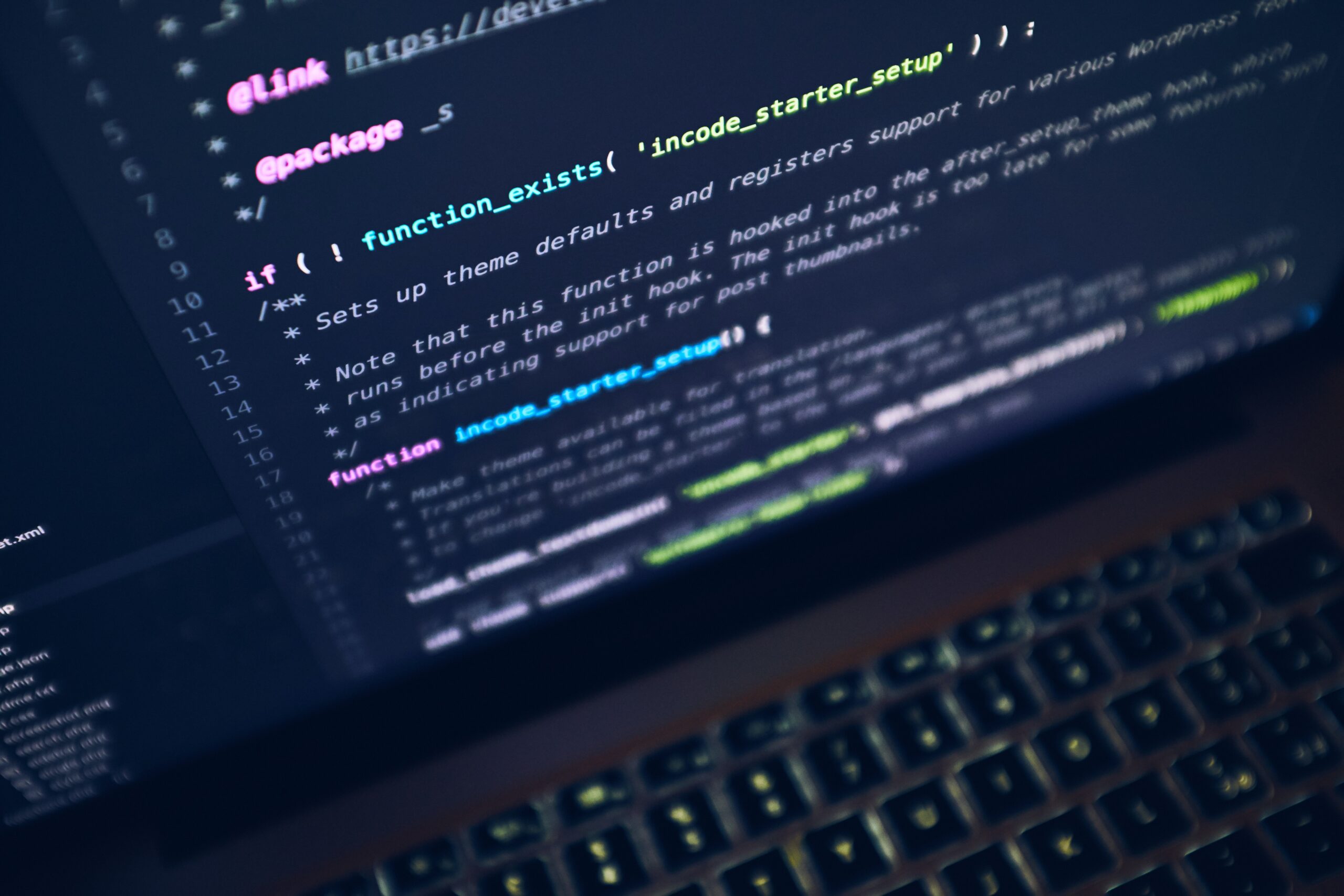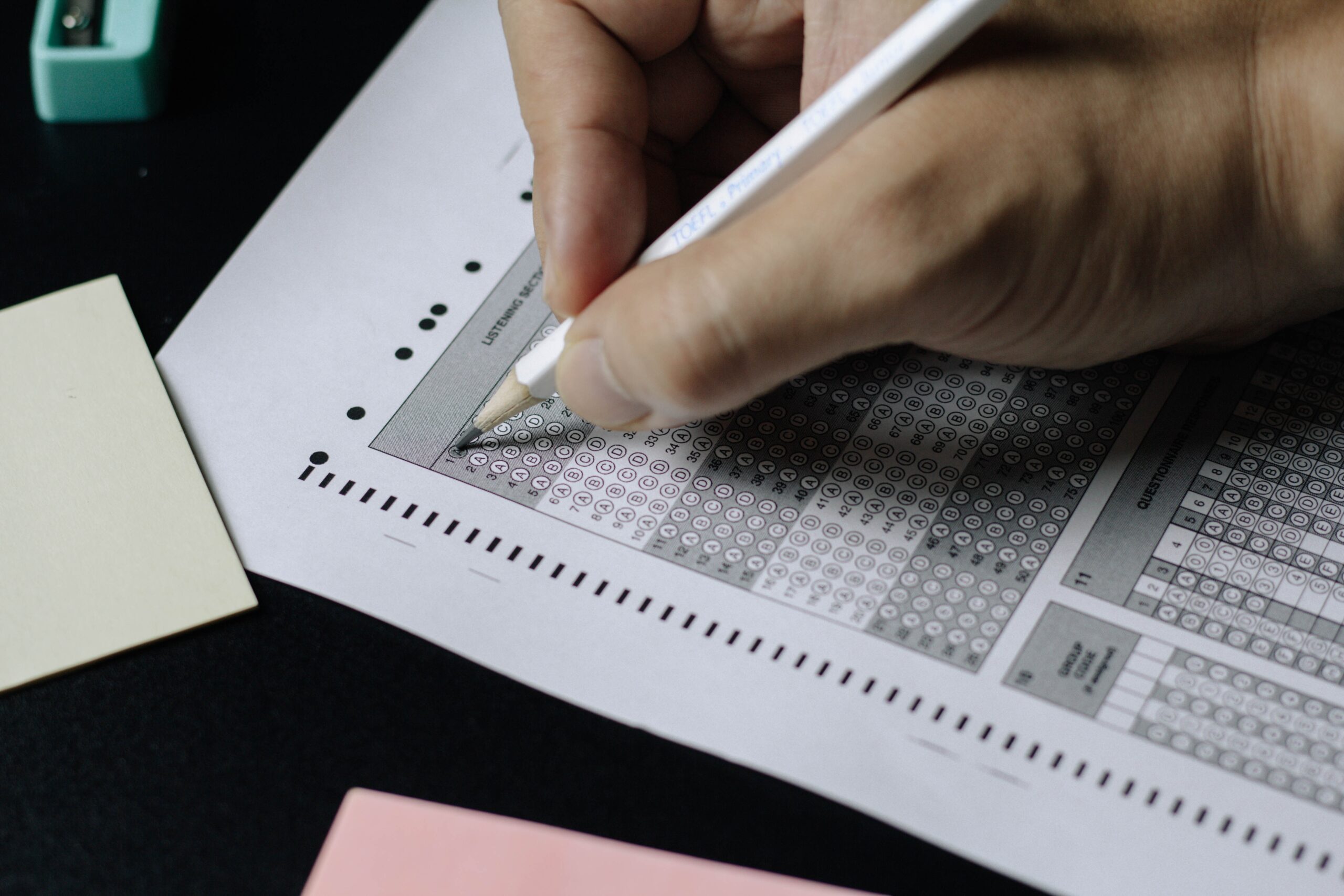How Long Is the Average Job Interview? | Duration Insights

Job interviews vary widely in duration, ranging from brief phone conversations lasting 15-30 minutes to extensive sessions lasting several hours. The length of an interview is influenced by various factors, particularly the type of interview conducted. Throughout the hiring process, individuals may encounter different interview formats, including:
- How Long Is the Average Job Interview? | Duration Insights
- How long is typical job interview?
- Is a 30 minute interview good?
- How many questions is a 30 minute interview?
- Is 2 hours too long for an interview?
- How do I know if the interview went bad?
How long is typical job interview?
1. Phone Interviews: Phone interviews, typically the initial step, involve a recruiter or HR representative confirming details from your resume. Questions may cover your availability, potential start date, salary requirements, and schedule flexibility. Some inquiries may assess your workplace fit, teamwork skills, stress management, and time management. Basic resume-focused discussions last around 15 minutes, while more in-depth conversations about your work style may extend to 40 minutes.
2. In-Person Interviews: In-person interviews generally last 45 to 90 minutes, depending on the hiring manager and the need for interactions with multiple team members. Some cases may involve a full-day interview, including hands-on tasks. Expect a diverse range of questions assessing your ability to perform job duties and your compatibility with the team. Panel interviews, involving multiple managers and colleagues, may occur. Final in-person interviews with department heads or employers usually last about 15 minutes, covering fundamental job aspects like salary and benefits.
3. Video Interviews: Video interviews, scheduled at any stage, can replace phone conversations or serve as remote alternatives to in-person meetings. They allow recruiters to observe your reactions to questions. Depending on the interviewer and job position, video interviews can last from 15 to 90 minutes.
4. Technical Interviews: Technical interviews, common in engineering and software development roles, last around 45 to 60 minutes, resembling initial in-person interviews. They aim to evaluate your technical skills through verbal responses, written answers on paper or a whiteboard, or online questionnaires. Successful candidates may proceed to subsequent interview rounds.
5. Group Interviews: Group interviews involve multiple candidates meeting with the hiring manager or panel simultaneously. These sessions, lasting about an hour, assess how candidates interact with one another. They are an efficient method for companies to save time during the hiring process.
6. Open Hiring Interviews: Open hiring events, occurring on specific days or during career fairs, allow individuals to meet with interviewers at their convenience. These impromptu interviews, typically lasting 30 minutes to one hour, involve resume reviews and immediate job offers in some cases.
Understanding the dynamics of each interview type helps candidates prepare effectively for the duration and focus of their interactions in various stages of the hiring process.
Is a 30 minute interview good?
A half-hour interview duration often signifies a positive indicator in the hiring process. This timeframe provides ample opportunity for the interviewer to delve into your professional history and qualifications. If the interviewer is particularly interested, they might incorporate behavioral questions to gain a deeper understanding of your suitability for the role. Typically, hiring managers structure individual interview sessions to last around 30 minutes. Utilizing the entire allocated time reflects favorably on your candidacy, enhancing the likelihood of securing the position.
How many questions is a 30 minute interview?
In general, I usually craft approximately 7-10 interview questions for a half-hour meeting. This allows for a comprehensive discussion while leaving room for follow-up inquiries. Additionally, it provides an opportunity to gauge if the candidate has any questions I can address or concerns I can alleviate. This balanced approach ensures a productive and interactive interview session within the allotted time frame.
Is 2 hours too long for an interview?
Few candidates advance to the one-hour mark in their interviews. When a hiring manager allocates more than an hour to interview you, it signifies a genuine interest in your qualifications. This extended timeframe is particularly standard for executive positions, reflecting the comprehensive evaluation required for such roles. In some instances, you may be introduced to other team members or stakeholders within the company, expanding the scope of your interview experience. Moreover, it’s not uncommon to encounter additional tasks, such as on-site projects or efficiency tests, as part of the interview process.
However, the pressure to sustain a high level of performance throughout such an extended interview duration can distort candidates’ responses and impede authentic interaction. Instead of capturing a true representation of the candidate’s skills and personality, a two-hour interview often emphasizes their capacity to endure prolonged questioning rather than providing a comprehensive understanding of their capabilities.
How do I know if the interview went bad?
It’s entirely plausible that an interview may not have gone well, whether due to your performance or the interviewer’s. However, remember that this interaction is a mutual assessment, allowing you to evaluate their suitability as they assess yours. As you reflect on those initial impressions, here are some indicators that an interview may not have unfolded as expected:
- The interview was abruptly cut short. A significant reduction in meeting time, not just a few minutes, could be a concerning sign, according to Farrell.
- Limited details about the job were provided. If the focus was predominantly on your resume and a set of standard questions, especially dwelling on a weak point, it might suggest an attempt to challenge you.
- Lack of follow-up questions. The absence of follow-up questions could indicate a potential lack of interest in you as a candidate. However, be aware that certain companies adhere to interview protocols with prescribed lists of questions, so this isn’t always a definitive sign, as noted by Yandell.
- Break in eye contact with the interviewer. While body language may not be the most reliable sign, especially in a virtual setting like a Zoom interview, a lack of physical engagement during the conversation can leave the impression of a less-than-ideal interview.
- No introduction to other people. In a successful interview, you might expect to be introduced to other team members or colleagues, according to Farrell.
- No inquiry about your availability. If they don’t inquire about when you could potentially start the role, it may signal a lack of interest. Alternatively, it could mean they haven’t reached that stage in the interview process.
- Absence of information about the next steps. If the interviewers don’t outline the subsequent stages in the process, it might imply they don’t anticipate you progressing further.
- Discrepancy in job description details. The information provided during the interview might differ from the job description that initially caught your interest.
- Lack of enthusiasm about a potential job offer. If you leave the interview feeling less excited about the role or the company, it suggests something may have gone amiss. Reflect on what aspects deflated your enthusiasm.
- Failure to connect with the people you met. Since these are individuals you would potentially work with, consider whether you found them amiable enough for day-to-day interactions.





